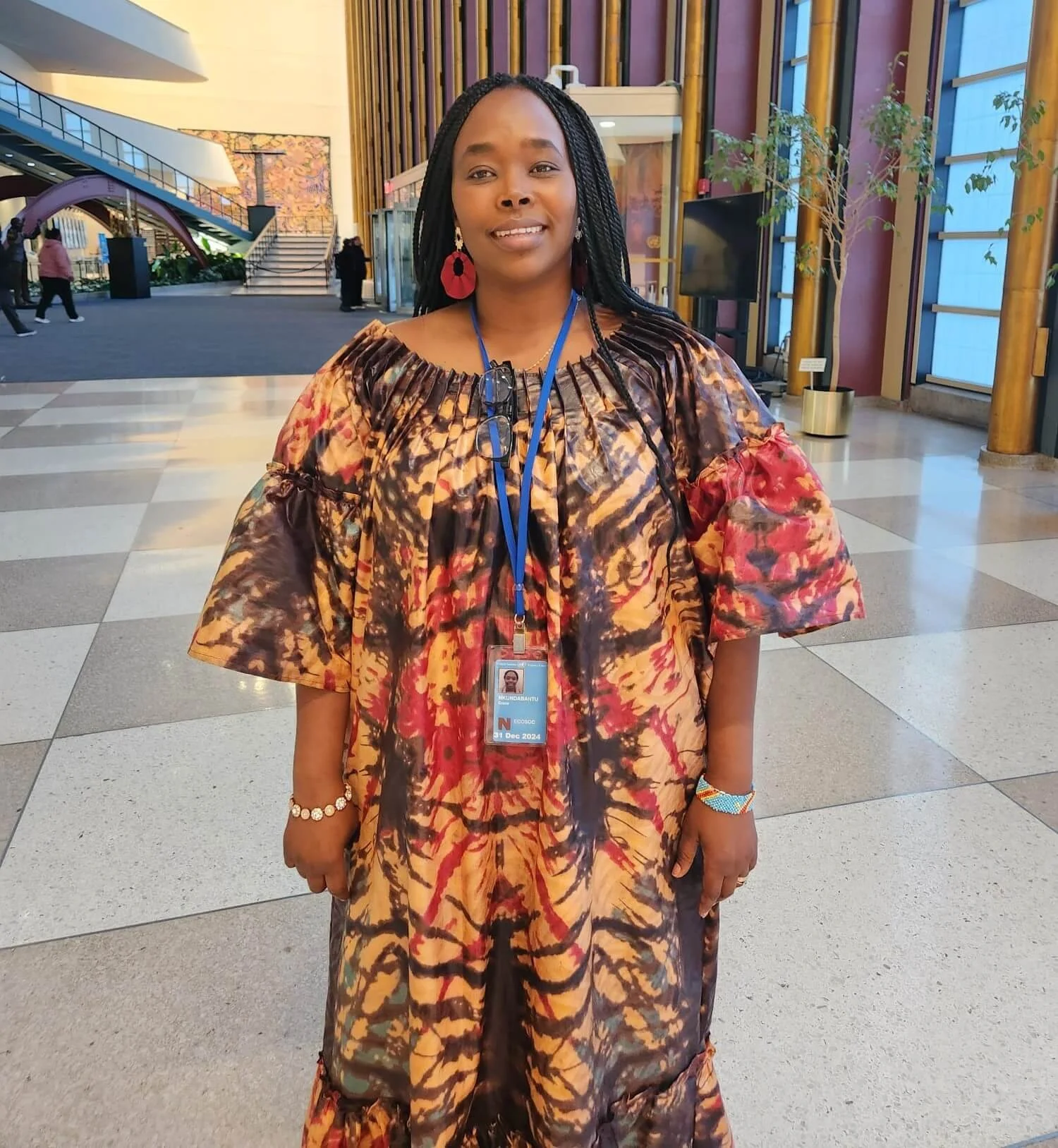Guess who spoke in NYC at the UN building?
"Embracing inclusion is to embrace someone else who is different from you," Grace Nkundabantu explained. "It is accepting to learn from their way of doing things."
Dr. Grace Nkundabantu was invited to speak at the United Nations, Commission on the Status of Women. She was invited to address the topic of Inspiring Inclusion for girls and women in our world.
This incredible opportunity gave her a chance to raise her voice for the voiceless. She spoke out for the refugee and orphan girls of Africa.
Combining her passion for education, and the literal knowledge of the needs around the globe, she called for action. Actions that would bring peace and raise the quality of life for girls and women. A world that includes everyone. A world that supports and lifts every voice.
Here is peek into her speech:
"Many times, we dismiss potential people because of misconceptions about their geographical
background, language barriers, and cultural differences. To inspire inclusion, I urge women to stand up for each other. I urge those in positions of privilege and opportunity to help others, connect, and create mentorship opportunities.”
As if that’s not enough . . .
She also called for people to speak up against injustice, refuse to be silent, and reject stereotypes and labels, demonstrating that women are capable and strong together. Her powerful message resonated throughout the event, urging attendees to embrace inclusion as a personal responsibility. "Let this movement start with us," Nkundabantu declared. “Change must begin with us taking actions of inclusiveness and creating a safe environment for all that surrounds us."
1. WHO GATHERED?
During a special conference, the UN session representatives from governments, civil society organizations, experts, and activists worldwide
2. WHAT IS “UN WOMEN?”
The United Nations Entity for Gender Equality and the Empowerment of Women, also known as UN Women, is a United Nations entity charged with working for gender equality and the empowerment of women. Headquarters, New York City, New York
3. WHY DID THEY GATHER?
The purpose of this conference was to discuss and make plans for reducing women's poverty and promoting gender equality.
https://www.unwomen.org/en/what-we-do/leadership-and-political-participation
https://www.unwomen.org/en/how-we-work/commission-on-the-status-of-women
DID YOU KNOW…
“Since the Commission for the Status of Women (CSW) inception, monumental progress has been made to integrate gender equality into mainstream international thought and action.
Yet, women and girls around the world continue to face disproportionate burdens, gender biases and systemic discrimination, which hinder their autonomy, impede their access to justice and obstruct their fundamental human rights.
Globally, we’re still centuries away from gender equality. Estimates say it will take up to 286 years to close legal gaps and remove discriminatory laws, 140 years for women to be represented equally in positions of power and leadership at work, and at least 40 years to achieve equal representation in national parliaments. As of the end of 2022, it’s estimated that around 383 million women and girls live in extreme poverty. And every 11 minutes, a woman or girl is killed by someone in her own family. “
From the UN: https://www.unwomen.org/en/news-stories/explainer/2023/02/your-guide-to-csw67






